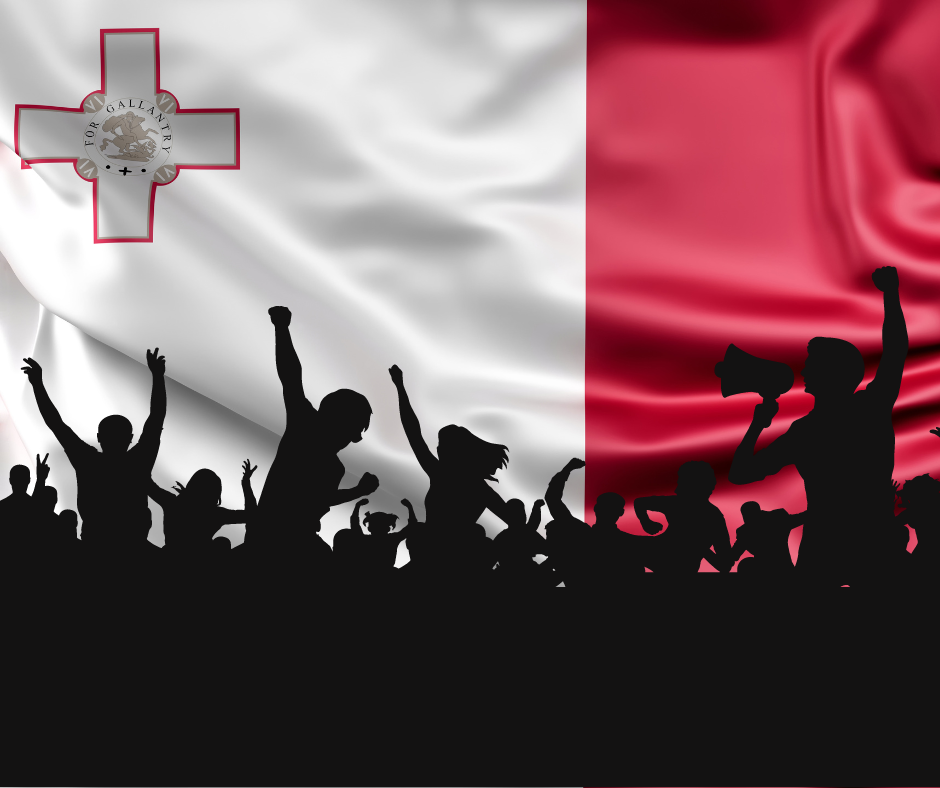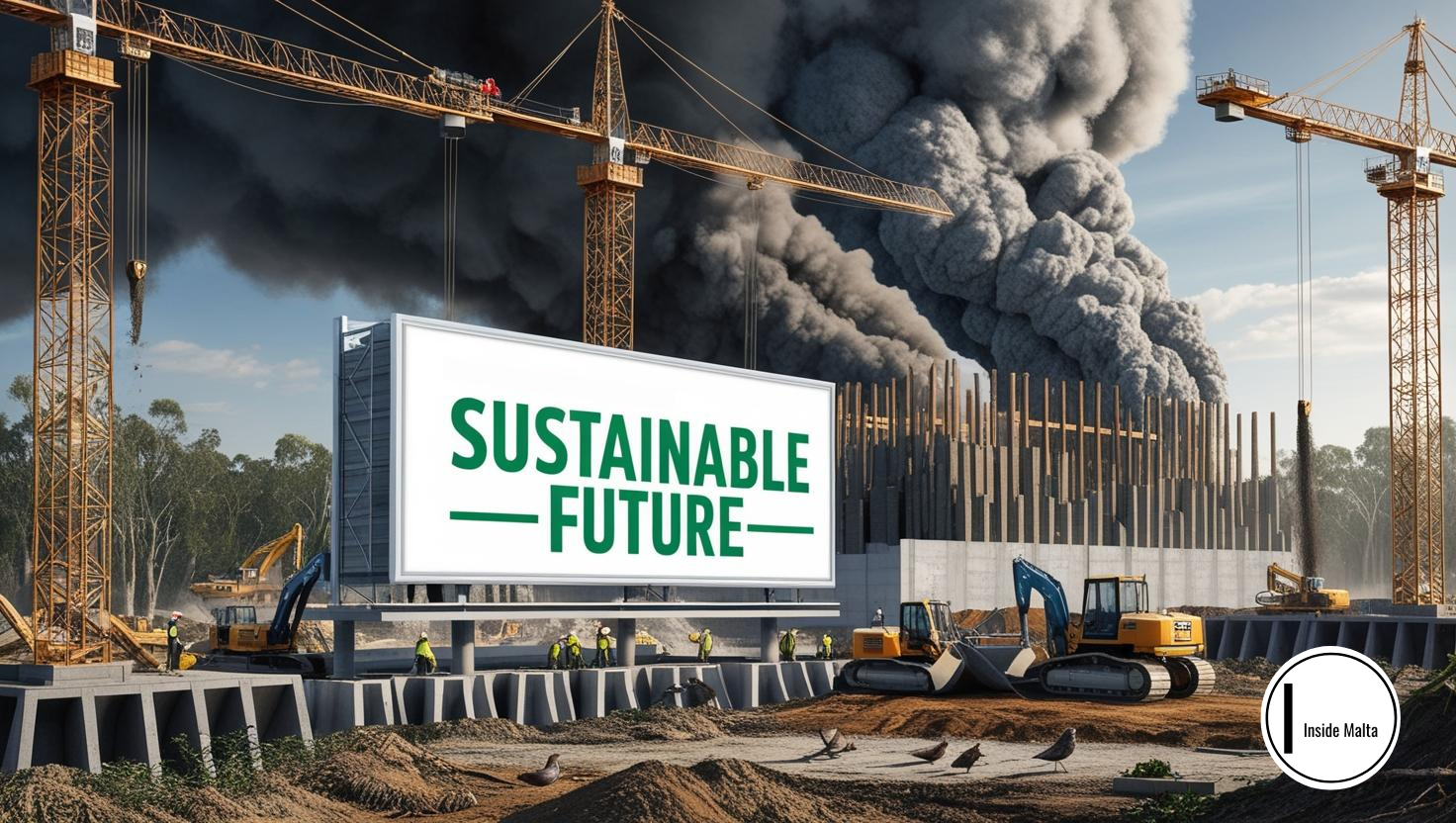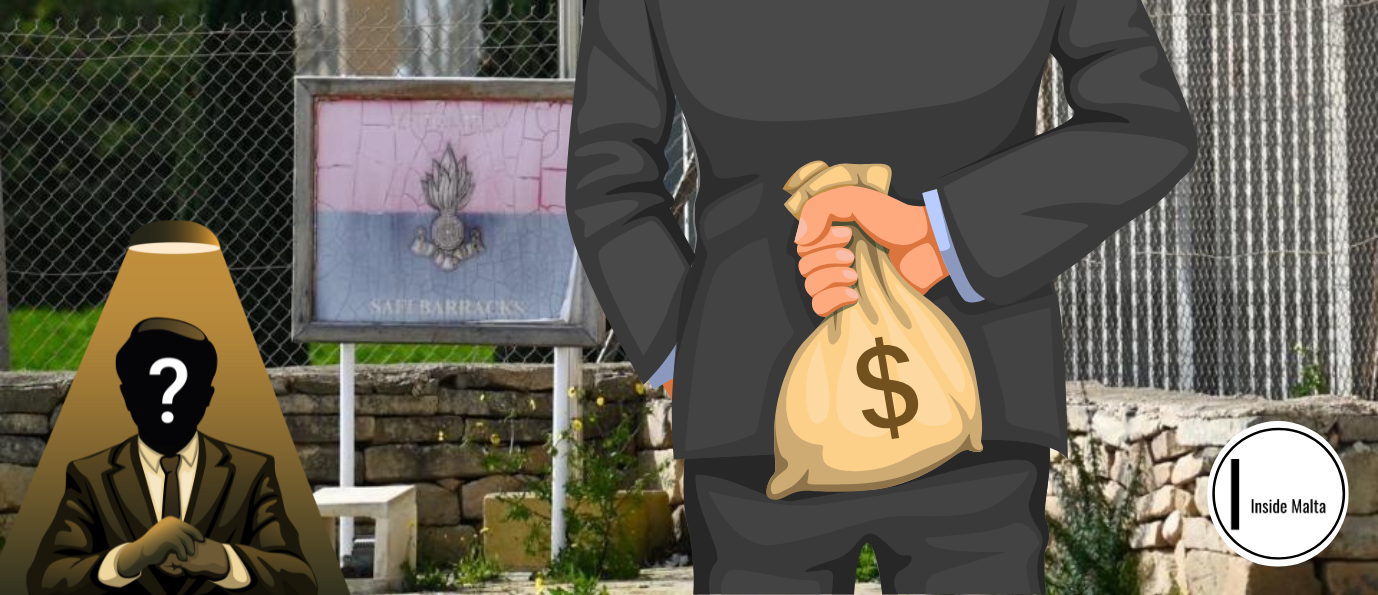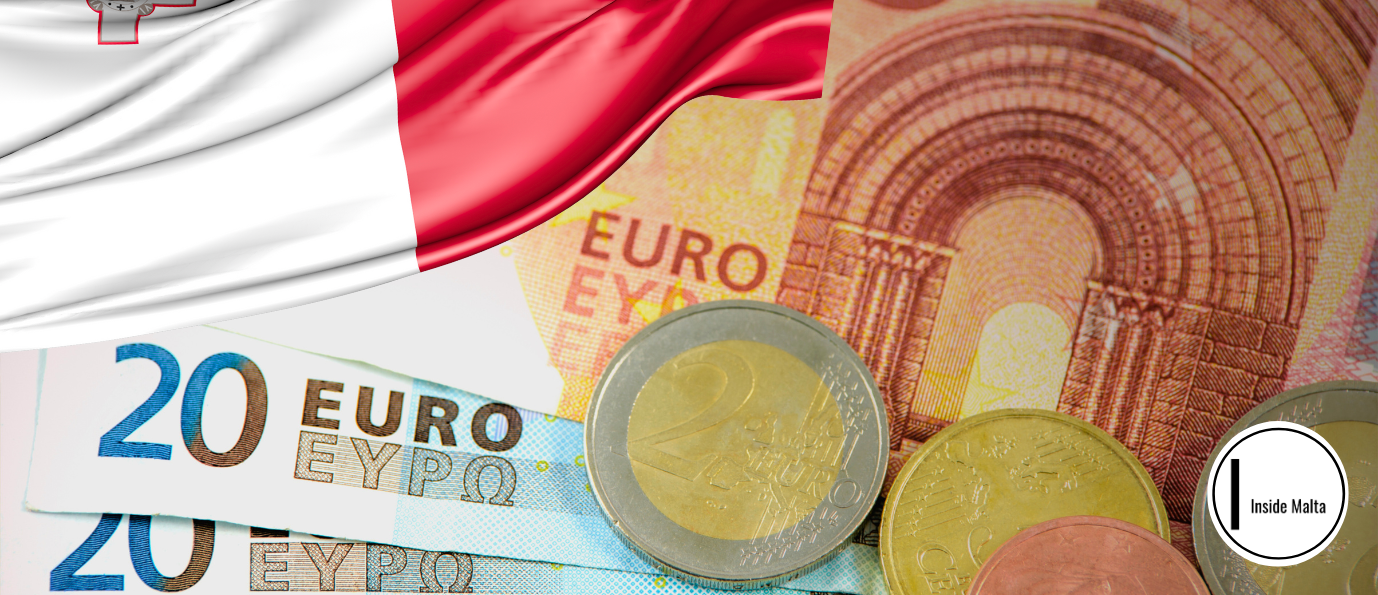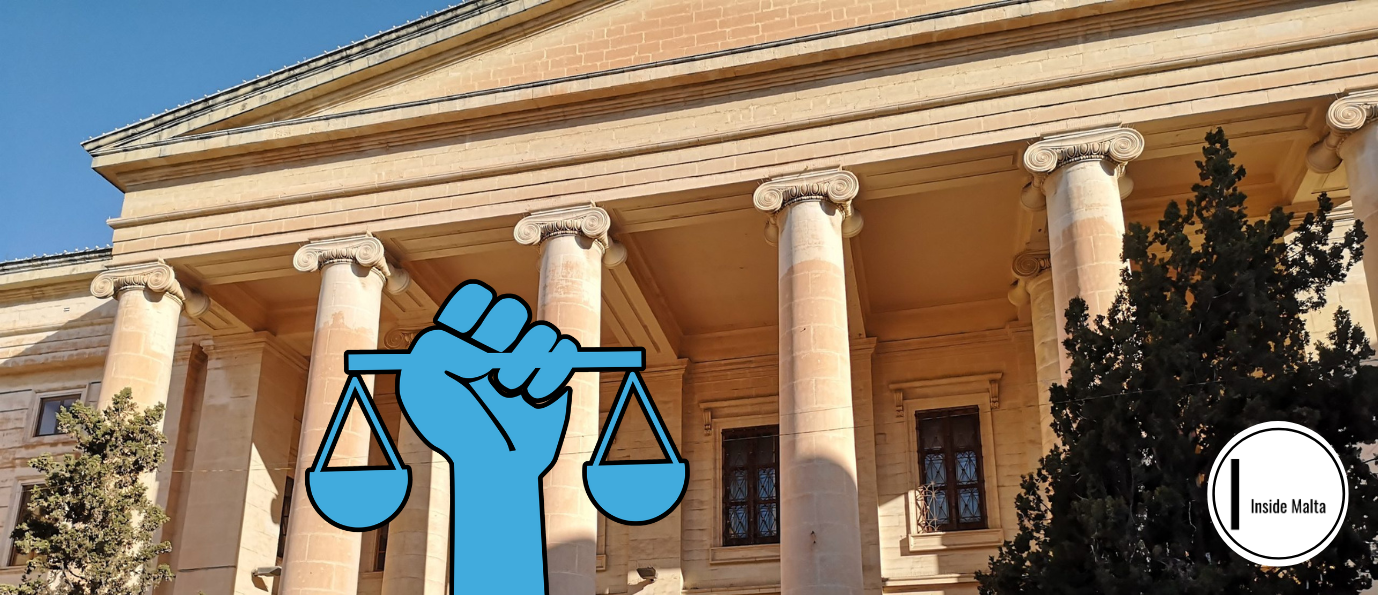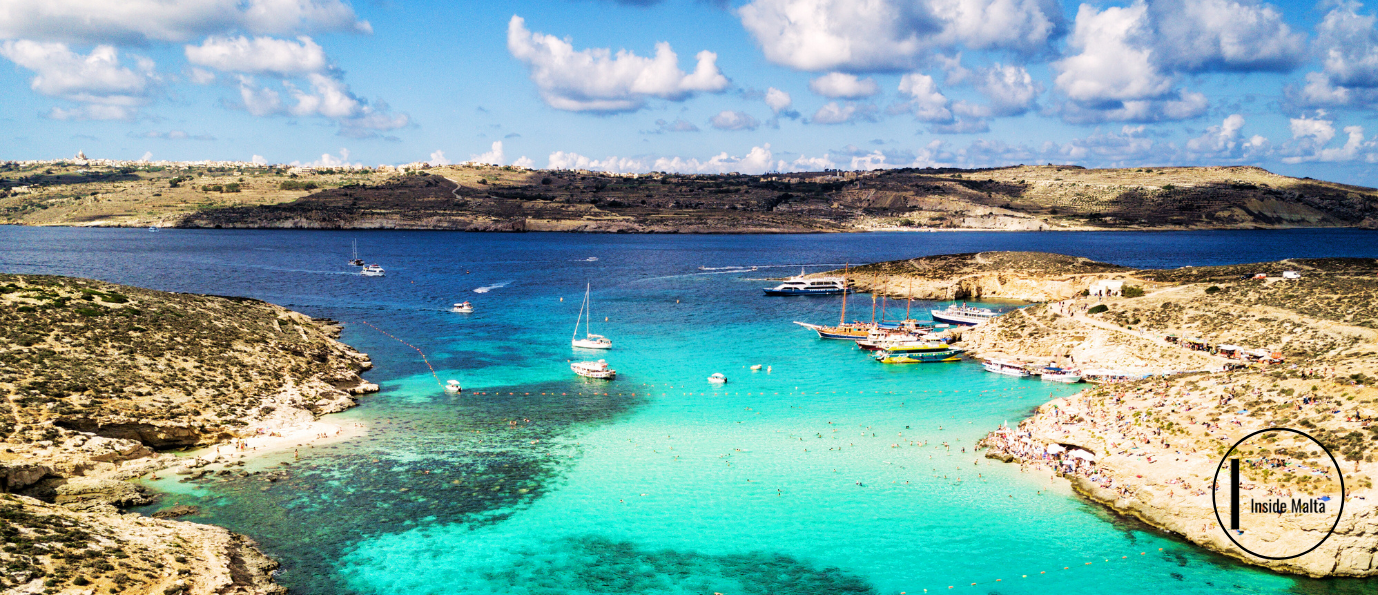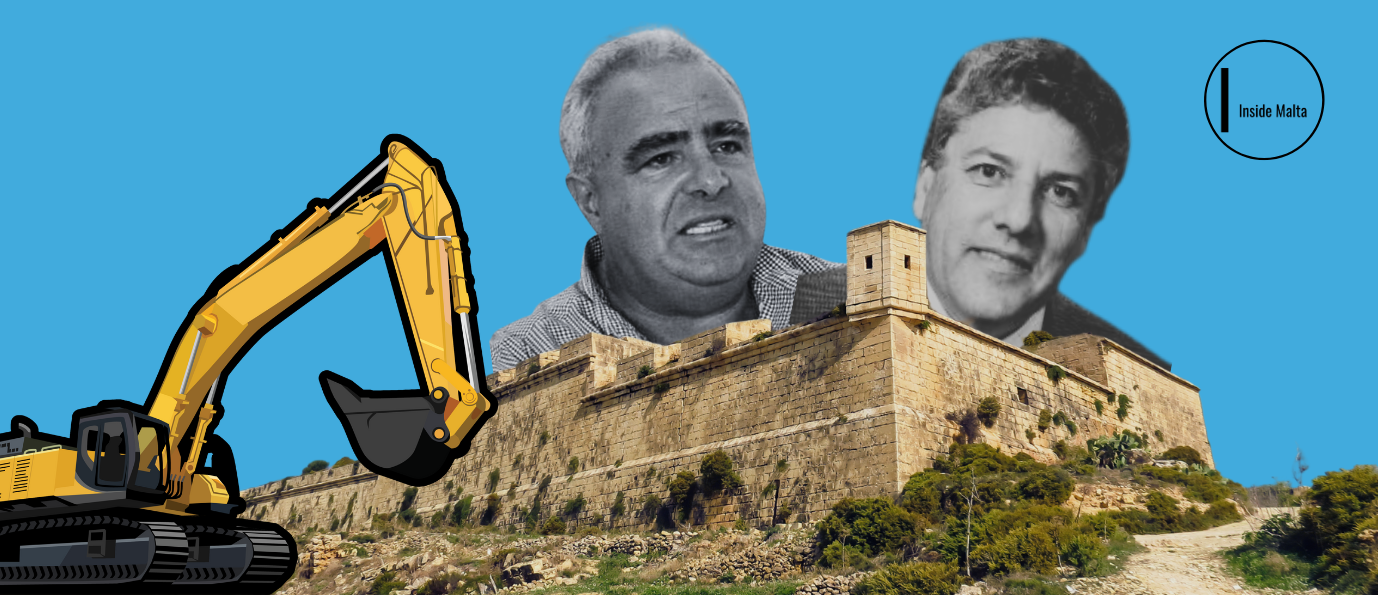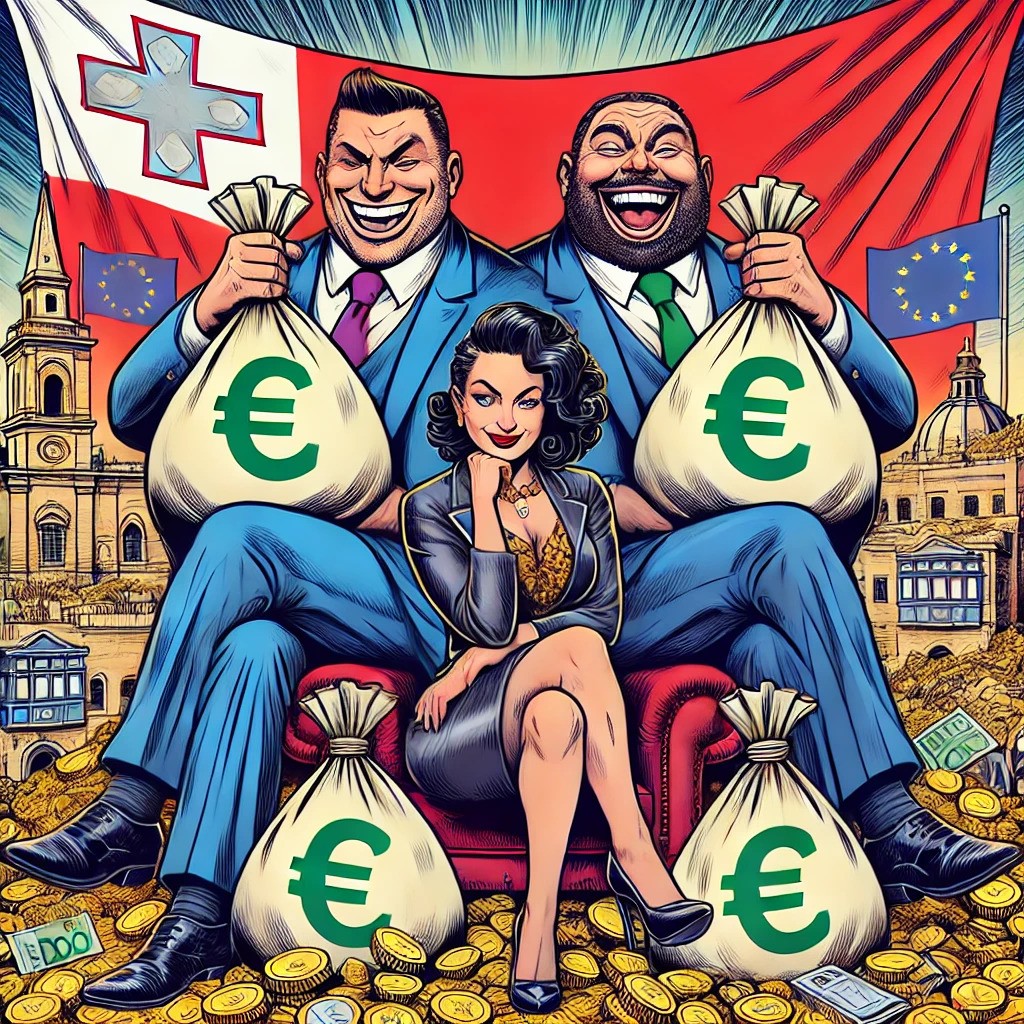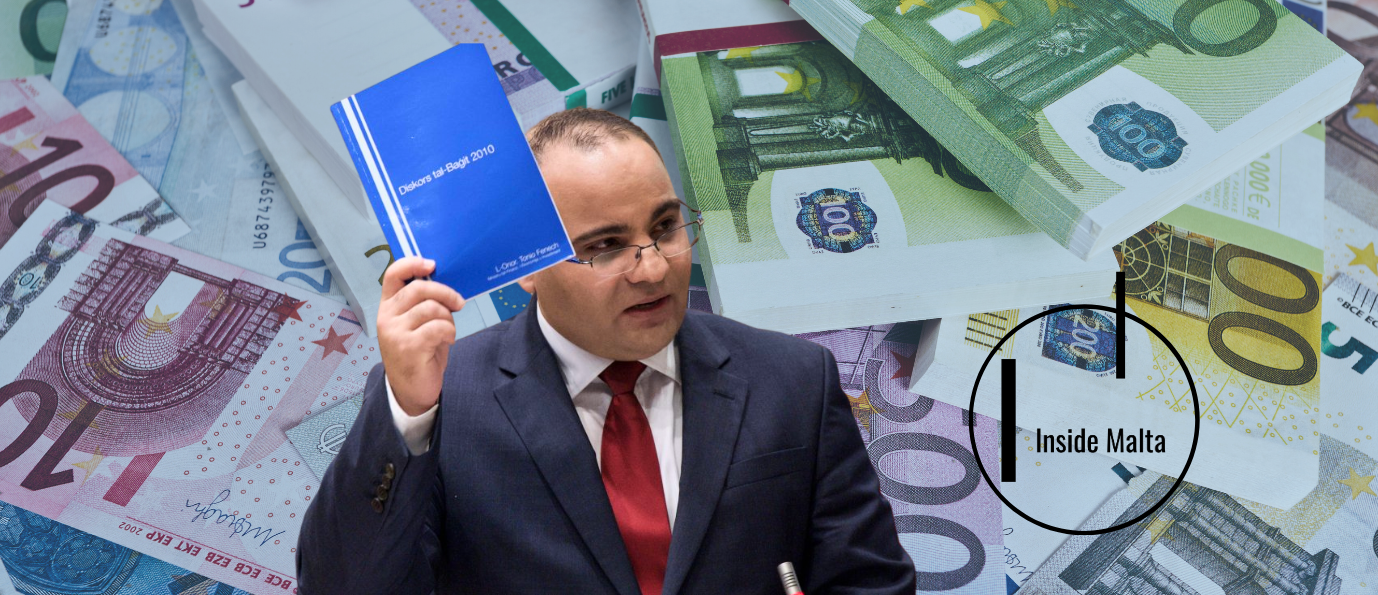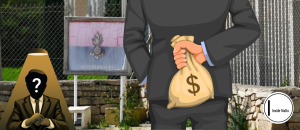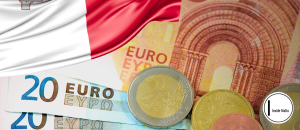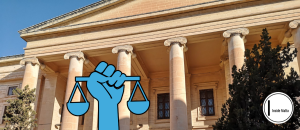Malta’s right to protest is not fully taken advantage of by the people, despite legal protection. Protests need to be mobilized and organized more effectively using social media.
Protests in Malta
In a democratic society, protesting is a fundamental right. Citizens must voice their concerns, opinions, and grievances to the government and the public. In Malta, the right to protest is protected by law, and citizens can assemble peacefully and express their views without fear of retribution. It is important to note that while the right to protest is protected in Malta, protests must be peaceful and not violate the rights of others. Violence, destruction of property, and incitement to hatred are not protected forms of protest and can result in legal consequences.
Various social and political issues have sparked public activism in Malta in recent years. The assassination of journalist Daphne Caruana Galizia in 2017 ignited widespread outrage and the demand for freedom of press and justice, resulting in several protests. Civil society groups have also mobilized to demand further protection for civil liberties and the rule of law. The global Black Lives Matter movement inspired a protest in Malta, calling for the end of racism and police brutality. The LGBTQ+ community and supporters organized a demonstration demanding greater rights and recognition, while activists protested against the inhumane treatment of migrants and asylum seekers in detention centers in Malta. These protests illustrate the power of public activism in advocating for social and political change.
Although the above protests demonstrate the existence of civil society in Malta and the willingness of Maltese citizens to take to the streets to demand change, the right to protest in Malta is not fully realized. Despite the constitutional guarantee of freedom of assembly, there have been instances where police used excessive force to disperse peaceful demonstrations. The government has also been criticized for not sufficiently addressing protesters’ demands, mainly when protests have focused on human rights and the rule of law. Furthermore, there have been reports of intimidation and harassment of journalists and activists who covered or participated in protests. These issues highlight the need for greater protection of the right to protest in Malta and the importance of ensuring that citizens can exercise their rights to freedom of expression and assembly without fear of retribution.
What’s stopping people from protesting?
One reason the right to protest is not being fully utilized in Malta is that people are unaware of their rights. Many citizens do not know that they have the right to protest, or they do not know how to go about organizing a protest. There is a need for more education and campaigns to raise awareness and inform people about exercising their rights. Another reason why the right to protest is not being fully exploited is that people may fear the consequences of speaking out. In some cases, individuals who have spoken out against the government or powerful interests have faced harassment, intimidation, or even legal action. This fear can be compounded by the fact that Malta is a small country where many people know each other, and there may be social or professional repercussions for speaking out.
The digital future of protests
While physical protests can effectively draw attention to social and political issues, a protest on social media can be equally powerful. Social media platforms provide a space where individuals can express their opinions and engage in political activism in an accessible and democratic manner. Unlike physical protests, where leaders can become drunk with power and prioritize their interests over the movement’s goals, social media protests allow for everyone’s voice to be heard equally. This can promote a more inclusive and diverse.
Modeled after the traditional “public square,” where townspeople would gather to exchange views, a digital public square provides a virtual platform for exploring issues and sharing ideas, creativity, and opinions while developing solutions to a community’s challenges. In addition, social media provides a powerful tool for citizens to organize and mobilize protests without putting themselves in harm’s way. Social media platforms such as Facebook, Twitter, and Instagram can create groups and events, share information and resources, and communicate with like-minded individuals. This allows for organizing protests that can be more spontaneous and decentralized, which may make it more difficult for authorities to disrupt or suppress them.
Social media can also raise awareness about issues mainstream media may not cover. This is particularly important in Malta, where media ownership is concentrated in the hands of a few influential individuals and companies. In addition, social media can provide a platform for citizens to share alternative perspectives and information that traditional media outlets may not cover; social media protests have the potential to reach a wider audience and generate greater public awareness of the issues at hand, making them an effective tool for bringing about social and political change.


